Mali’s Storytellers: Why Griots’ Indispensable Conflict-Resolution Skills Are At Risk Now
Share
Explore Our Galleries
Breaking News!
Today's news and culture by Black and other reporters in the Black and mainstream media.
Ways to Support ABHM?
By Hannah Armstrong, The New York Times
BAMAKO, Mali — I had been waiting close to an hour for my coffee date when I ran into the colonel. Like many of Bamako’s power brokers, the 50-something officer, who is a friend, often conducts business on the broad terrace of the Lebanese café where we met. He always wears spotless gowns of the richest fabric and expensive European cologne.
I mentioned that I was waiting to meet a griot, a traditional storyteller. His boyish, bulging eyes were suddenly defiant.
‘‘We don’t have griots anymore. Not us. We left that behind,’’ the colonel said, smirking.
[The griot] emerged from a taxi, spotted me, and advanced toward our table, squinting at the colonel. To my surprise, they embraced as old friends. He blushed as she sat down and took sudden control of the table, speaking loudly, blessing him, reminding him of shared history.
Her griot family, it turned out, has presided over his family’s weddings, baptisms and funerals for hundreds of years, praising, representing, serenading and chastising the colonel’s noble relatives.
From birth, Malian griots are taught how to flatter the wealthy and mend social ruptures. From domestic disputes to wars between clans, the griot calms tempers, tames egos, and enjoys immunity. Several years back, when a fight between farmers and nomads in Mali and Guinea erupted into armed conflict, griots from both countries held a summit meeting that produced a resolution.
Perhaps the current crisis in Mali — more than six months ago the northern two-thirds of the country were seized by Qaeda-linked Islamists who are imposing a violent form of Shariah — might benefit from the soft touch of the griot?
Read more about Mali’s griots and why their role is threatened, here.
Read about the role of griots at our museum, here.
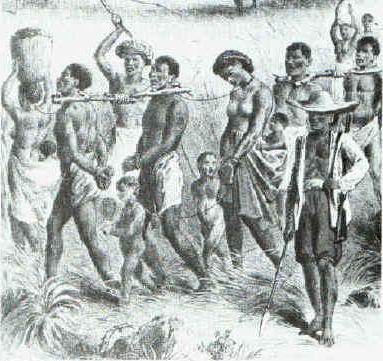
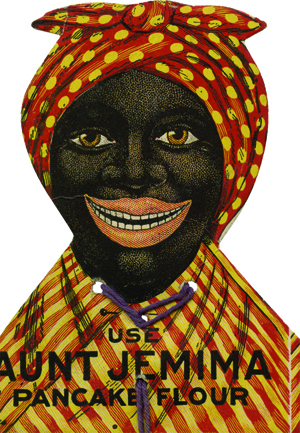
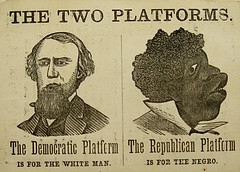
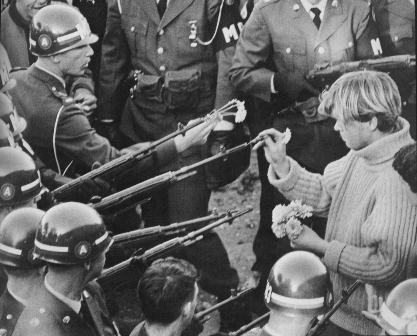
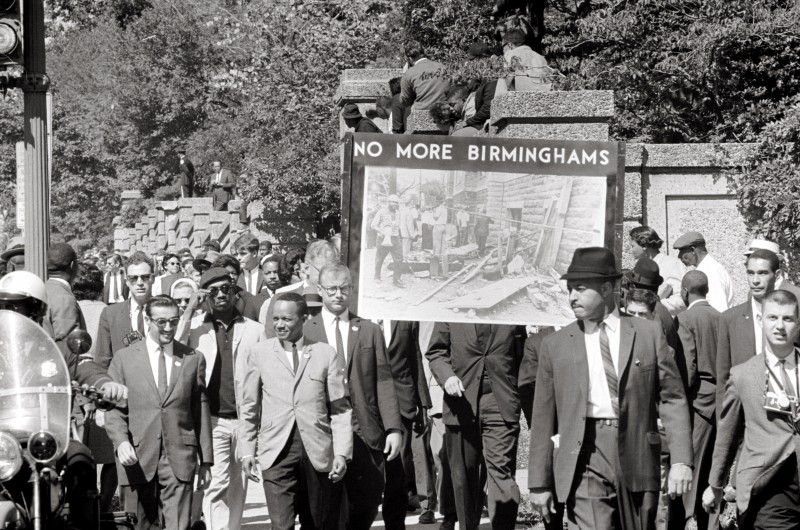
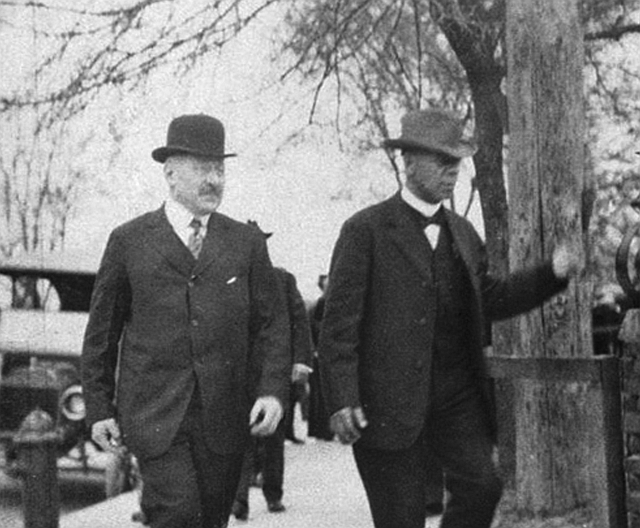
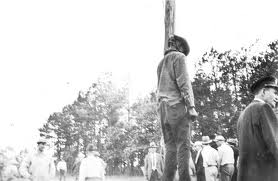

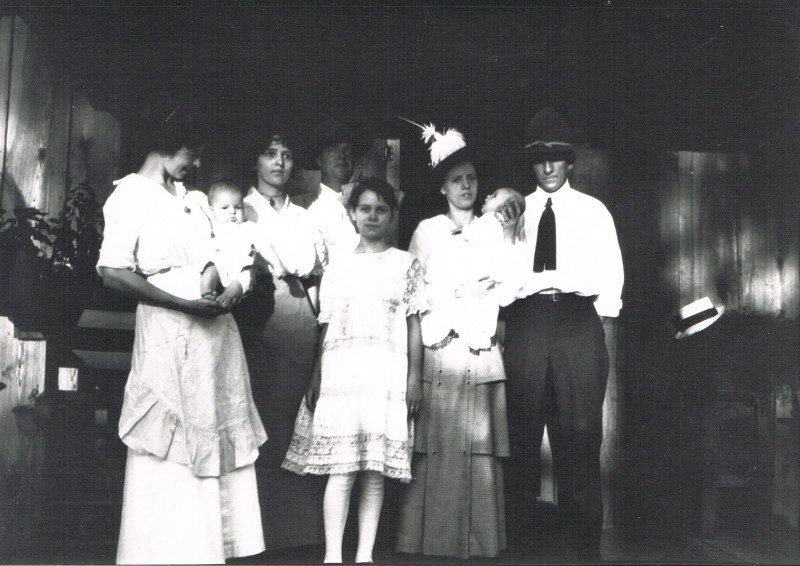
Comments Are Welcome
Note: We moderate submissions in order to create a space for meaningful dialogue, a space where museum visitors – adults and youth –– can exchange informed, thoughtful, and relevant comments that add value to our exhibits.
Racial slurs, personal attacks, obscenity, profanity, and SHOUTING do not meet the above standard. Such comments are posted in the exhibit Hateful Speech. Commercial promotions, impersonations, and incoherent comments likewise fail to meet our goals, so will not be posted. Submissions longer than 120 words will be shortened.
See our full Comments Policy here.